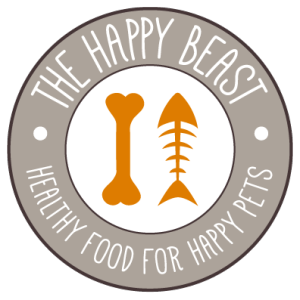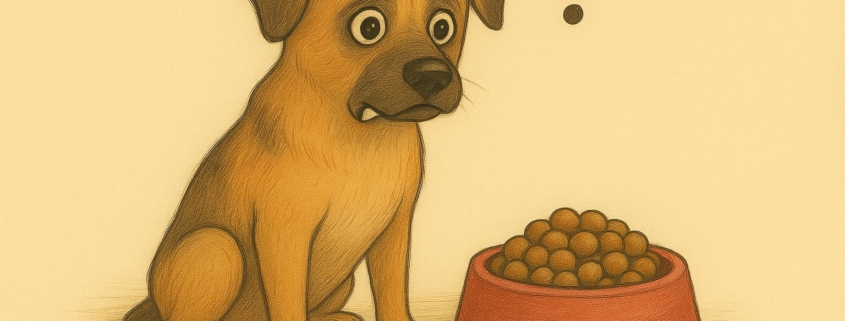We believe strongly in the benefits of chewing on bones for both cats and dogs. Your animal’s mouth is her greatest tool, so it is important to take good care of it! Chewing bones is a great way for them to exercise their jaw muscles, clean their teeth, and provide mental stimulation. (Check out our previous blog posts on the benefits of bones for dogs and cats!)
However, chewing on bones does carry risks, such as breaking a tooth and/or choking. It is important to be aware of the risks and how to safely choose a bone to maximize the benefits and reduce the potential risks.
In order to minimize the risks of chewing on bones, you should take into consideration size, density, and chewing tendencies of your animal:
- Size: Bones should be large enough that the dog or cat cannot fit the bone entirely into their mouth. If it is too small, the animal could choke on it.
- Density: Stronger chewers should stick to bones that are more dense or stronger, such as a shank bones, antlers, goat horn, and beef or bison femur bones. Less aggressive chewers may be safe with less dense bones such as lamb or pork bones.
- Chewing Tendencies: Bones are intended to be gnawed on over a long period of time, not crushed and swallowed. If your dog is an aggressive chewer, and can break large pieces of bone off, then it is important to take the bone away and discard the pieces.
In addition, you should always supervise your animal when she is enjoying a bone just to make sure that she is chewing properly and there are no choking risks.
Finally, if you are ever unsure of what the right bone may be for your cat or dog, please ask us and we’ll be happy to walk you through the various options.


